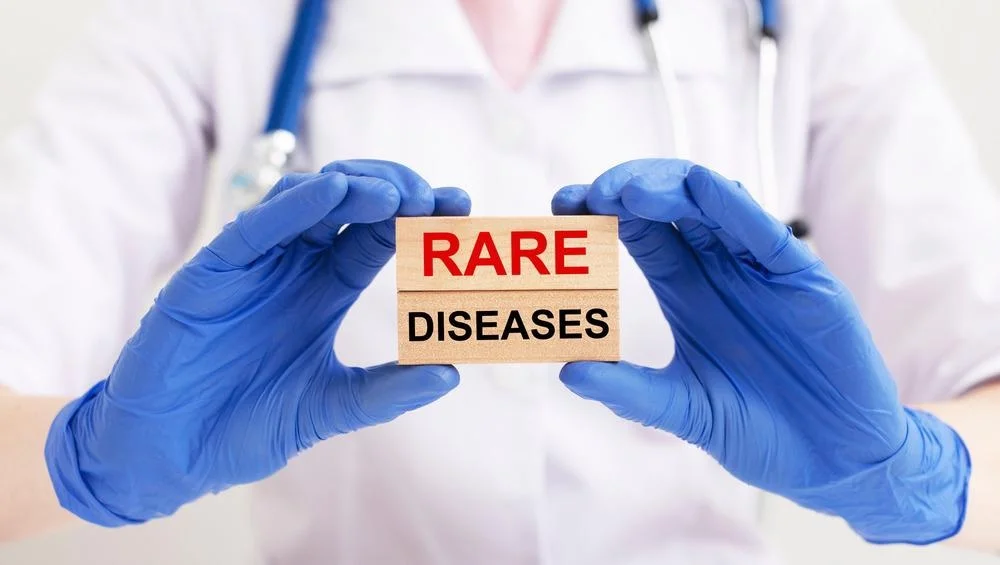Rare Diseases A Challenge for Modern Medicine
Rare diseases, also known as orphan diseases, are medical conditions that affect a relatively small number of people. Despite their rarity, these diseases can have a significant impact on individuals and their families.
Challenges in Diagnosing and Treating Rare Diseases
- Delayed Diagnosis: Due to their rarity, rare diseases can often be misdiagnosed or go undiagnosed for years.
- Lack of Awareness: Many healthcare providers may not be familiar with rare diseases, leading to delayed diagnosis and inappropriate treatment.
- Limited Research: Because of their rarity, there is often limited research and development of treatments for rare diseases.
- High Costs of Treatment: The cost of diagnosing and treating rare diseases can be exorbitant.
Common Challenges Faced by Patients with Rare Diseases
- Physical Symptoms: Pain, fatigue, and difficulty performing daily activities.
- Emotional Toll: Dealing with a chronic illness can lead to anxiety, depression, and isolation.
- Financial Burden: The cost of diagnosis, treatment, and specialized care can be overwhelming.
- Social Challenges: Misunderstanding and discrimination from others.
Hope on the Horizon
Despite the challenges, significant advancements have been made in recent years in the field of rare diseases.
- Genetic Testing: Advances in genetic testing have made it easier to diagnose rare diseases.
- Targeted Therapies: Researchers are developing targeted therapies that can address the underlying causes of rare diseases.
- Patient Advocacy Groups: These groups play a crucial role in raising awareness, advocating for research funding, and providing support to patients and families.
By raising awareness, promoting research, and improving access to care, we can work towards a future where patients with rare diseases receive the support and treatment they need.
Common Types of Rare Diseases
- Genetic Disorders: Conditions caused by abnormalities in genes, such as cystic fibrosis, Huntington’s disease, and muscular dystrophy.
- Metabolic Disorders: Conditions affecting the body’s metabolism, such as phenylketonuria (PKU) and Gaucher disease.
- Immune System Disorders: Conditions that affect the immune system, such as primary immunodeficiency diseases.
- Neurological Disorders: Conditions affecting the nervous system, such as multiple sclerosis and amyotrophic lateral sclerosis (ALS).
It’s important to remember that while rare diseases can be challenging, there is hope for the future. By working together, healthcare professionals, researchers, and patient advocates can make a significant difference in the lives of those affected by these conditions.

